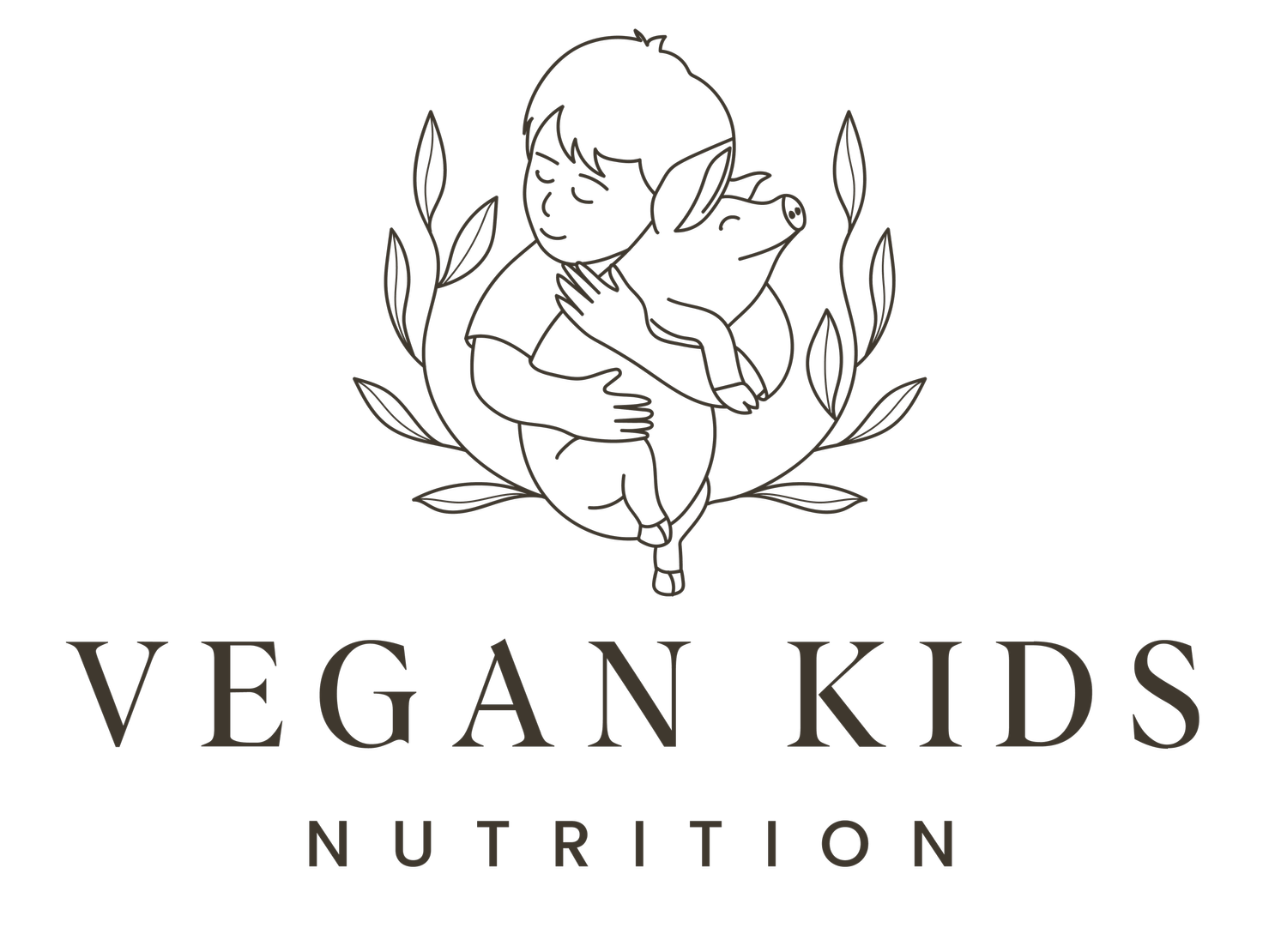Vitamin D is an important vitamin when following a vegan lifestyle. Know where you can obtain this key nutrient and how you can prevent a deficiency. Find recommended vegan Vitamin D supplements.
This post contains affiliate links. As an Amazon Affiliate, I earn from qualifying purchases
There are several key nutrients to consider when following a vegan or plant-based lifestyle. These include: iron, protein, Vitamin B12, Zinc, Iodine, Calcium, Omega-3s and Vitamin D. You can learn more about each of these important nutrients in this educational handout.
All are important to consider when planning meals and snacks but Vitamin D is one that I find particularly important to supplement with (in addition to Vitamin B12) and recommend to clients.
The role of Vitamin D
Vitamin D is a fat-soluble vitamin that participates in many bodily functions such as promoting calcium absorption, supporting our immune system, and helping reduce inflammatory responses (4).
The Recommended Daily Allowance for adults ages 19 - 70 years of age is 600 IU (or 15mcg) (1). There’s no difference between vegans and non-vegans.
Are vegans at risk for Vitamin D deficiency?
Vitamin D deficiency is quite common in the US. According to the CDC, about 67% of the US population have adequate Vitamin D status, leaving one-third of the population at risk for Vitamin D deficiency (2). Individuals who live in areas with limited sun exposure, who have kidney or digestive issues, who have a milk allergy or follow a vegan diet are at risk for Vitamin D deficiency (1). This primarily stems from consuming plant foods that provide a limited or no amount of Vitamin D.
What plant-based foods contain Vitamin D?
Vitamin D is a fat-soluble vitamin that is not present in many plant foods. You can certainly obtain adequate amounts of Vitamin D when a diet is appropriately planned with supplementation but some plant foods aren’t that reliable.
For example, some individuals have heard that mushrooms are a good source of Vitamin D. This is true to some extent. There are food companies that expose their mushrooms to UVB and studies show these mushrooms do contain Vitamin D2, Vitamin D3 and even D4 (4). Mushrooms exposed to UVB have been shown to have the same effect as ingesting a supplement; however, it’s difficult to determine whether mushrooms are exposed to UVB simply by looking at a package at the grocery store. And how long the mushrooms have been stored impact how Vitamin D is retained. For this reason, it’s not recommended to solely rely on mushrooms for obtaining Vitamin D.
This is not to say that you cannot consume mushrooms at all or even to obtain some amounts of Vitamin D, it just means to not rely only on mushrooms to obtain this key nutrient in your diet.
A better way to obtain Vitamin D on a vegan diet is from sun exposure, fortified plant-based foods and/or supplements. When choosing a fortified plant food, be sure to check the Nutrition Facts label to ensure that Vitamin D has been added to the product.
Fortified foods that provide Vitamin D are:
Plant milks or yogurts
Orange juice
Ready-to-eat cereals
What are some vegan-friendly supplements?
There are many brands that offer Vitamin D supplements in various dosage amounts as D3 (cholecalciferol) or D2 (ergocalciferol) form; however, not all supplements are vegan-friendly. Vitamin D2 is suitable for vegans but some Vitamin D3 contain animal products. Just make sure to read the labels to ensure you’re purchasing a vegan-friendly product.
Is Vitamin D2 better than Vitamin D3 at maintaining Vitamin D levels?
Studies have shown that Vitamin D3 is somewhat better at raising and/or maintaining Vitamin D levels (1). However, Vitamin D2 is still effective for some individuals so regardless of which form you may take it will help meet your needs for this key nutrient. Because Vitamin D is a fat-soluble vitamin, it’s recommended to take a supplement with a meal for better absorption.
Here are a few brands that offer vegan-friendly supplements:
Mykind Organics Vitamin D3 2,000IU (chewable)
Includes food and mushroom blend
Mykind Organics Vegan Vitamin D3 1,000IU (spray)
DEVA Vitamin D2 2,400IU (tablet)
DEVA Vitamin D3 1,000IU (tablet)
Nordic Naturals Vegan Vitamin D3 1,000IU (drops)
Country Life Vegan Vitamin D3 5,000IU (softgel)
References
Aghajafari, F., Field, C. J., Weinberg, A. R., Letourneau, N., APrON Study Team (2018). Both Mother and Infant Require a Vitamin D Supplement to Ensure That Infants' Vitamin D Status Meets Current Guidelines. Nutrients, 10(4), 429. doi:10.3390/nu10040429
Centers for Disease Control and Preventions: National Center for Health Statistics. (2015, November). Vitamin D Status: United States, 2001–2006. Retrieved from Centers for Disease Control and Preventions: National Center for Health Statistics: https://www.cdc.gov/nchs/products/databriefs/db59.htm
Keegan, R. J., Lu, Z., Bogusz, J. M., Williams, J. E., & Holick, M. F. (2013). Photobiology of vitamin D in mushrooms and its bioavailability in humans. Dermato-endocrinology, 5(1), 165-76.
National Institute of Health: Office of Dietary Supplements. (2018, November). Vitamin D: Fact Sheet for Health Professionals. Retrieved from National Institute of Health: Office of Dietary Supplements: https://ods.od.nih.gov/factsheets/VitaminD-HealthProfessional/

